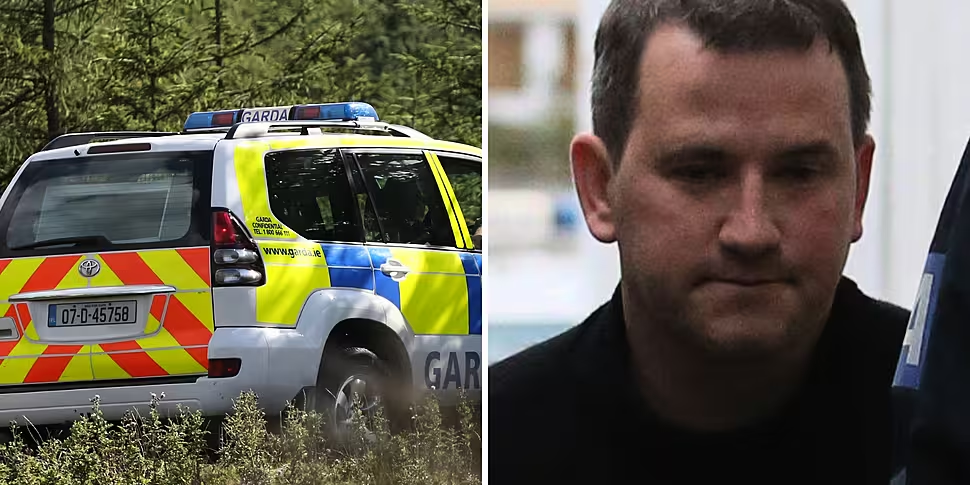Graham Dwyer will have to see out the rest of his life sentence for the murder of Elaine O’Hara after losing his latest attempt to overturn his conviction.
The Supreme Court has unanimously ruled that mobile phone data used as evidence in his original trial was admissible.
After losing all his arguments in the Court of Appeal, the Supreme Court agreed to hear one final appeal as a matter of general public importance.
The issue for the judges to consider was whether unlawfully obtained mobile phone evidence should have been allowed to go to the jury at trial.
Delivering the court’s judgement today, Mr Justice Maurice Collins said that even if the phone data wasn't allowed in, there was enough other evidence to convict.
He said the evidence was in fact “overwhelming and unanswerable”.
“It was argued on his behalf that the retention here was impermissible per se because ethe data had been retained on a general and indiscriminate basis,” he said.
“That the traffic and location data could never have been lawfully gathered in accordance with the charter and that therefor the evidence was inadmissible having regard to the decision of this court in People, DPP and JC.
“For the reasons set out in my judgement, I reject that argument.”
The ruling brings a legal saga that has gone on for almost a decade to an end.









